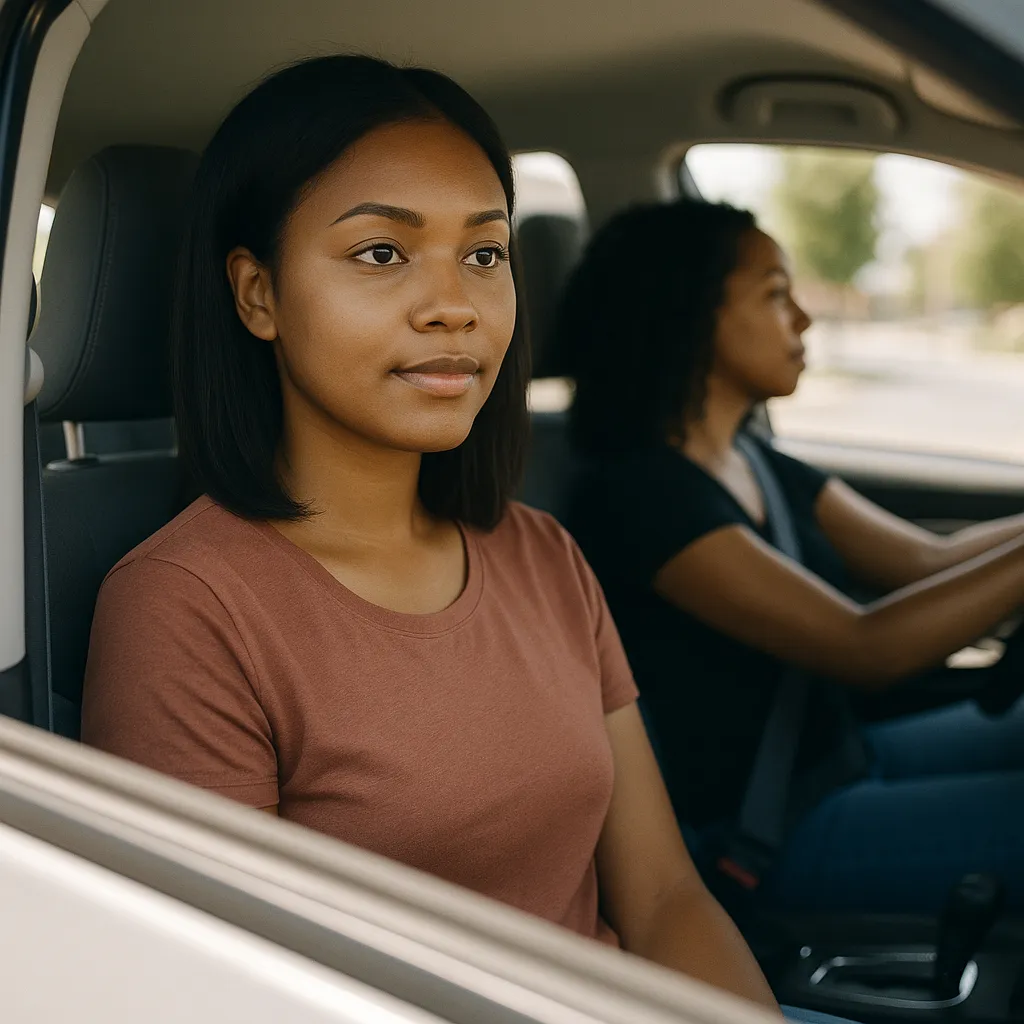In the modern world of mobility, where convenience often overshadows individual needs, safety isn’t just a perk — it’s a basic expectation. For women who travel alone, this expectation hasn’t always been met. That’s why ride-sharing services introducing a “women-only” feature isn’t just a trendy add-on. It’s a response to real concerns — creating space for comfort, dignity, and trust on the road.
How It Works — Explained Simply
The logic behind the “women-only” feature is straightforward but powerful. When a woman plans a trip using a ride-sharing app, she can choose to travel exclusively with other women — whether she’s the driver or a passenger.
The app’s algorithm filters out requests or offers from men and shows only compatible matches with other female users. No manual sorting, no awkward refusals — just automatic pairing within the women’s network.
In services like Afri-Ride, built-in tools like Mbira Chat store the full communication history between users. This transparency adds another layer of safety and accountability. Everything from pick-up timing to small details like luggage size stays within the app — recorded and visible.
Why It Matters — Backed by Data
This isn’t about preference — it’s about need. And the numbers speak volumes.
| Stat | Insight |
|---|---|
| 6 in 10 women | Report discomfort when sharing rides with unknown men |
| 75% of Afri-Ride’s female users | Say the “women-only” option is a deciding factor |
| 2× more return rides | Among women who use the feature compared to those who don’t |
These stats show more than usage patterns — they reveal trust. It’s not just about arriving safely, but about feeling safe throughout the trip.
One user, Amina (28), a student from Kampala, puts it best:
“I’m not just commuting — I feel like I’m in my space. I can sleep during the ride, not look over my shoulder, not clutch my phone.”
Real Stories — Why Women Choose It
Stories carry more weight than statistics alone. Here are two voices that show why the feature goes far beyond convenience.
🔹 Liza, Cape Town
“I use ride-sharing to get home from work. After a few unsettling rides where drivers commented on my appearance, I stopped using the apps altogether. The ‘women-only’ option gave me back the freedom to move.”
🔹 Nadia, Nairobi
“I have two daughters. When we travel together, I want to know the ride will be safe. This feature isn’t about comfort — it’s about basic trust.”
For both, the shift wasn’t just technological — it was personal. One regained her autonomy, the other her sense of control over her family’s safety.
How It’s Changing Travel Culture
This feature isn’t just improving safety — it’s reshaping the entire experience of shared mobility for women. Here’s what it changes:
- Lowers the barrier of entry for women who’ve avoided ride-sharing due to past negative experiences.
- Fosters community and support, as women connect and network during trips, building bonds and confidence.
- Raises the platform’s safety standards, setting an example that other services will be pressed to follow.
By prioritizing safety, platforms also signal respect. And respect breeds loyalty — not just among women, but across the board.

